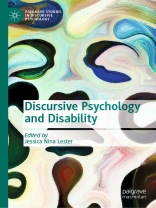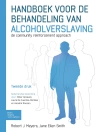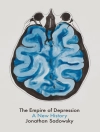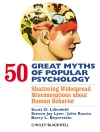This book explores how discursive psychology (DP) research can be applied to disability and the everyday and institutional constructions of bodymind differences. Bringing together both theoretical and empirical work, it illustrates how DP might be leveraged to make visible nuanced understandings of disability and difference writ large. The authors argue that DP can attend to how such realities are made relevant, dealt with, and negotiated within social practices in the study of disability. They contend that DP can be used to unearth the nuanced and frequently taken for granted ways in which disability is made real in both everyday and institutional talk, and can highlight the very ways in which differences are embodied in social practices – specifically at the level of talk and text.
This book demonstrates that rather than simply staying at the level of theory, DP scholars can make visible the actual means by which disabilities and differences more broadly aremade real, resisted, contested, and negotiated in everyday social actions. This book aims to expand conceptions of disability and to deepen the – at present, primarily theoretical – critiques of medicalization.
สารบัญ
Chapter 1. Introduction to
Discursive Psychology and Disability: Working at the Intersection of Discursive Psychology and Disability. – Chapter 2. Problematizing the Binary: A Poststructural Understanding of Dis/ability in Schools. – Chapter 3. Exploring the rhetoric of ‘burden’: The discursive positioning of the impact of psychiatric disability in child mental health assessments. – Chapter 4. Negotiating (dis)ability in the context of chronic pain rehabilitation: Challenges for patients and practitioners. – Chapter 5. The Discursive Construction of Severe Dis/Ability in One School in the Southeastern United States. – Chapter 6. It’s about time: Constructing dyslexia in higher education. – Chapter 7. Formulating (Dis)ability: Discursive Construction of Cochlear Implant Satisfaction. – Chapter 8. Exploring the Intersections and Connections: Discursive Psychology and Disability Studies. – Chapter 9. Using Discursive Psychology to Understand Everyday Interactions in Special Education and Mental Health Care Settings. – Chapter 10. Engaging Disability Studies and Discursive Psychology: Materialisms and Ideologies of Ableism
เกี่ยวกับผู้แต่ง
Jessica Nina Lester
is Associate Professor of Inquiry Methodology in the School of Education at Indiana University, Bloomington, USA. Dr Lester has published numerous journal articles, books, and book chapters focused on discourse and conversation analysis, disability studies, and more general concerns related to qualitative research.












